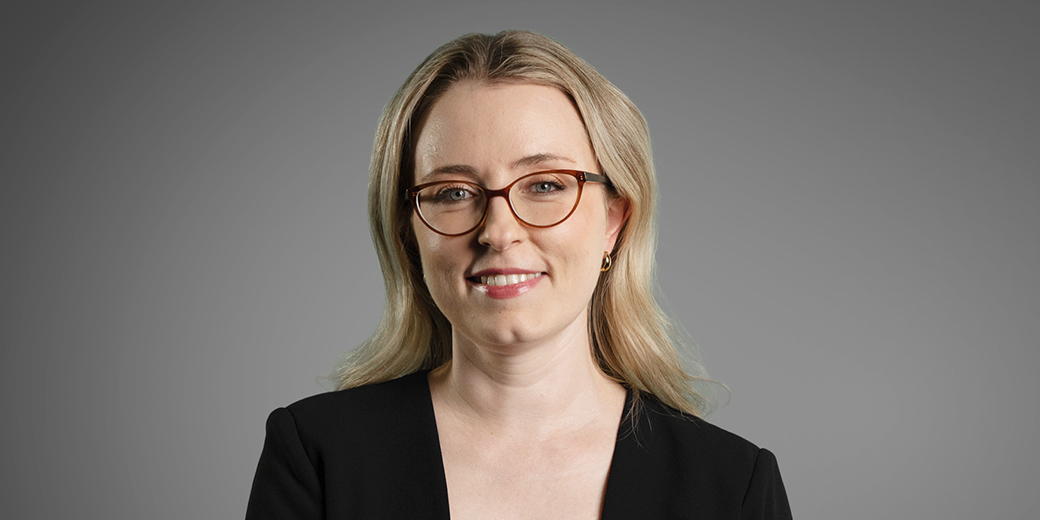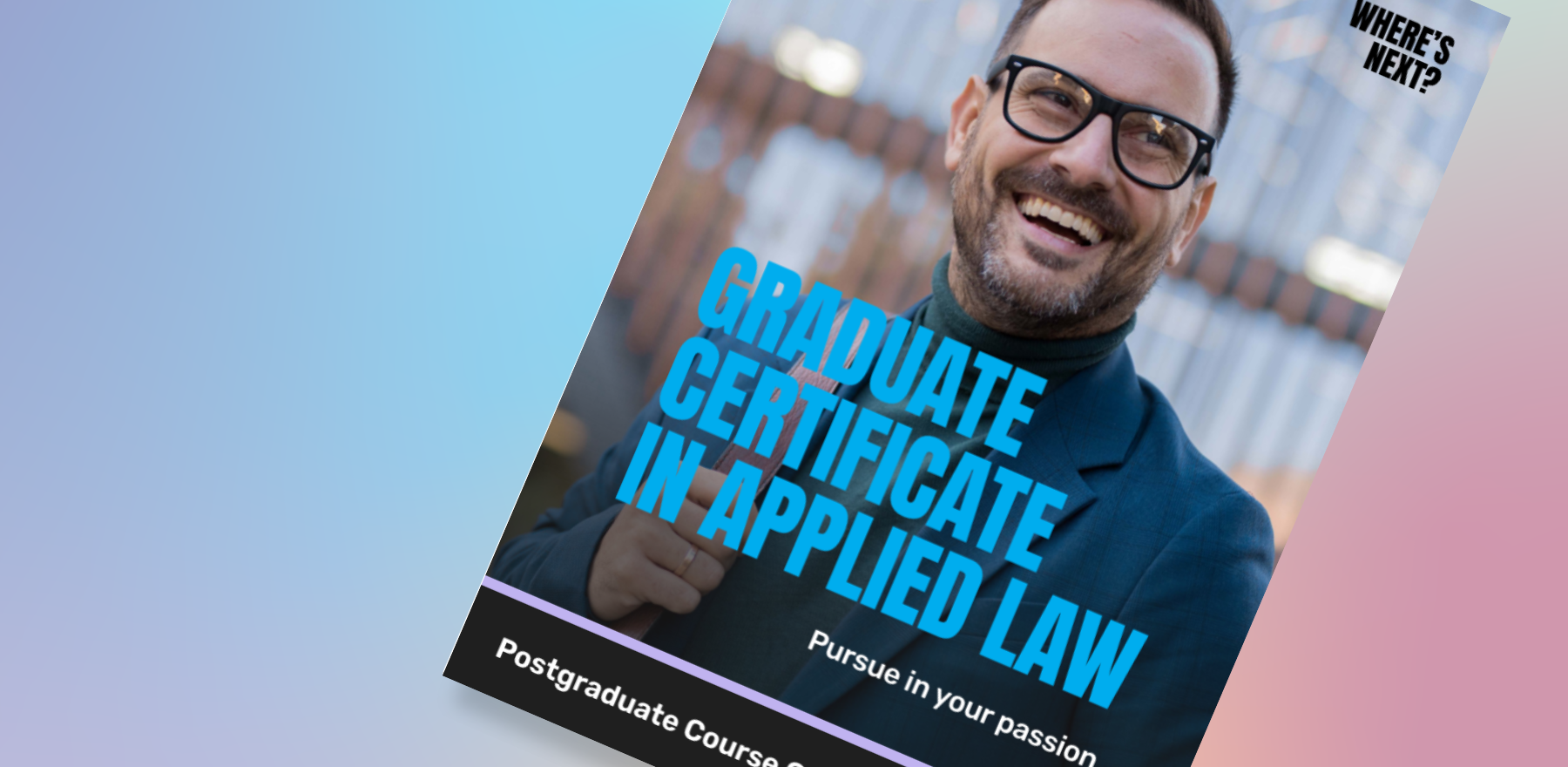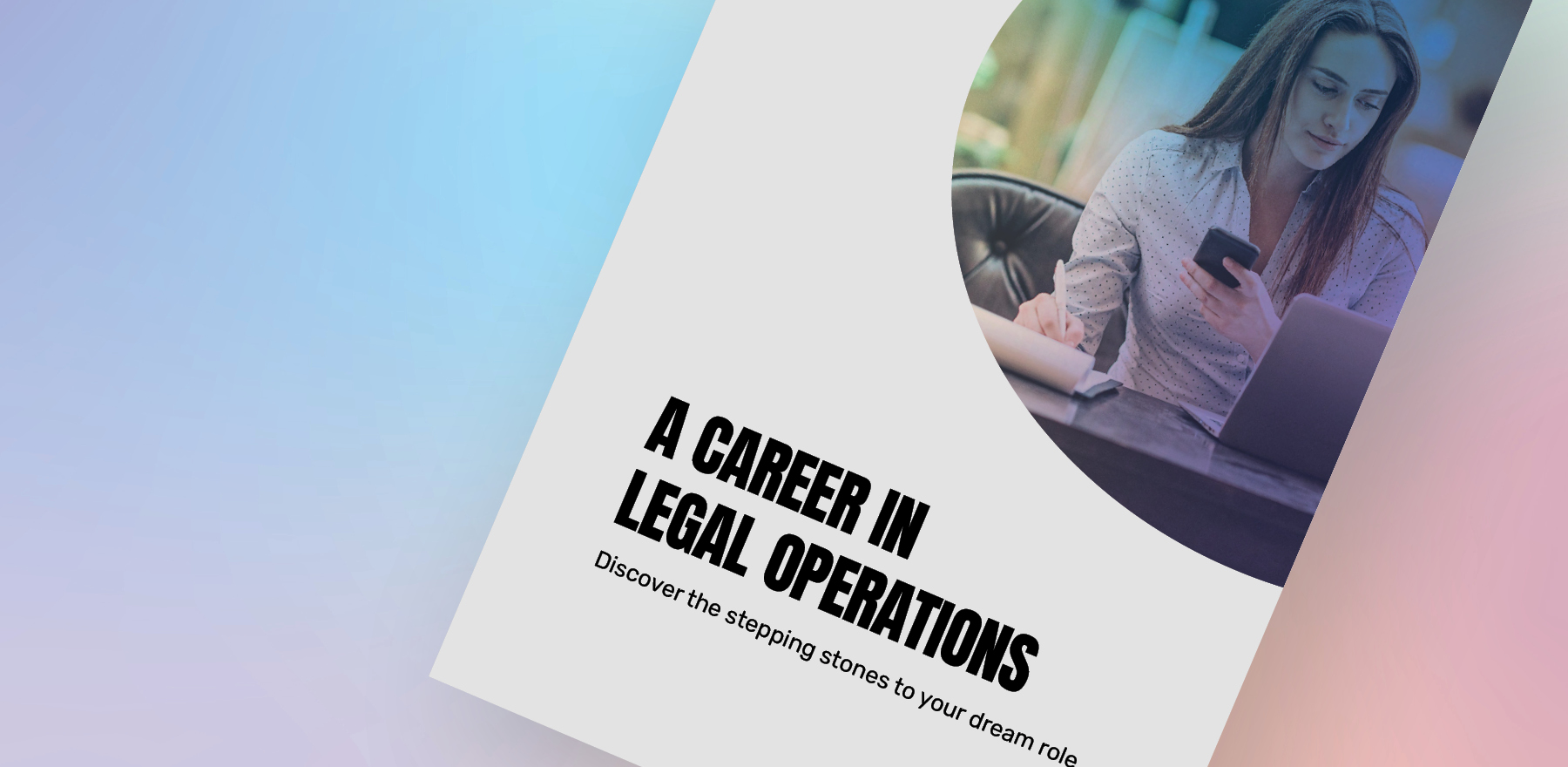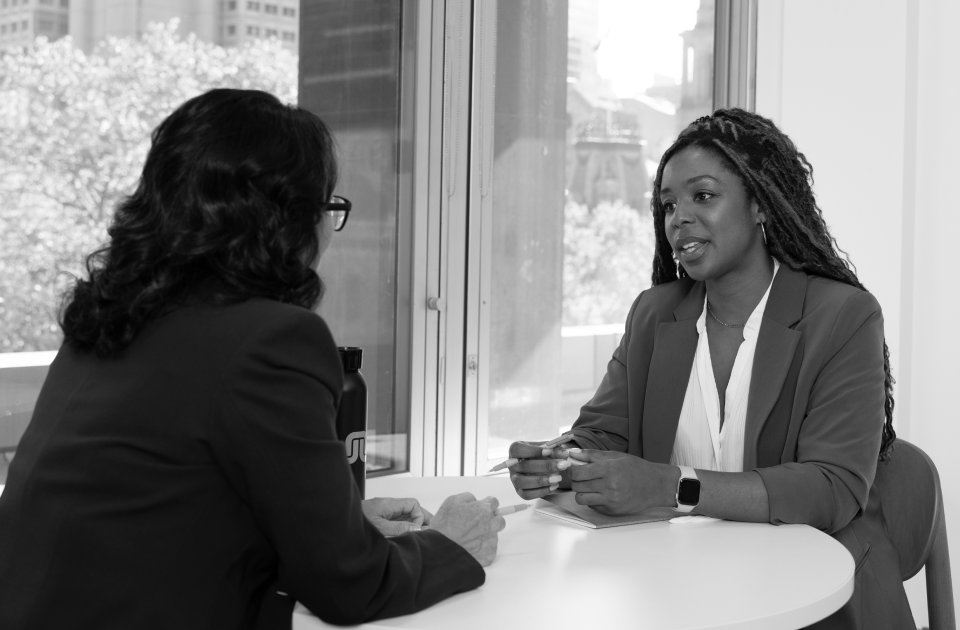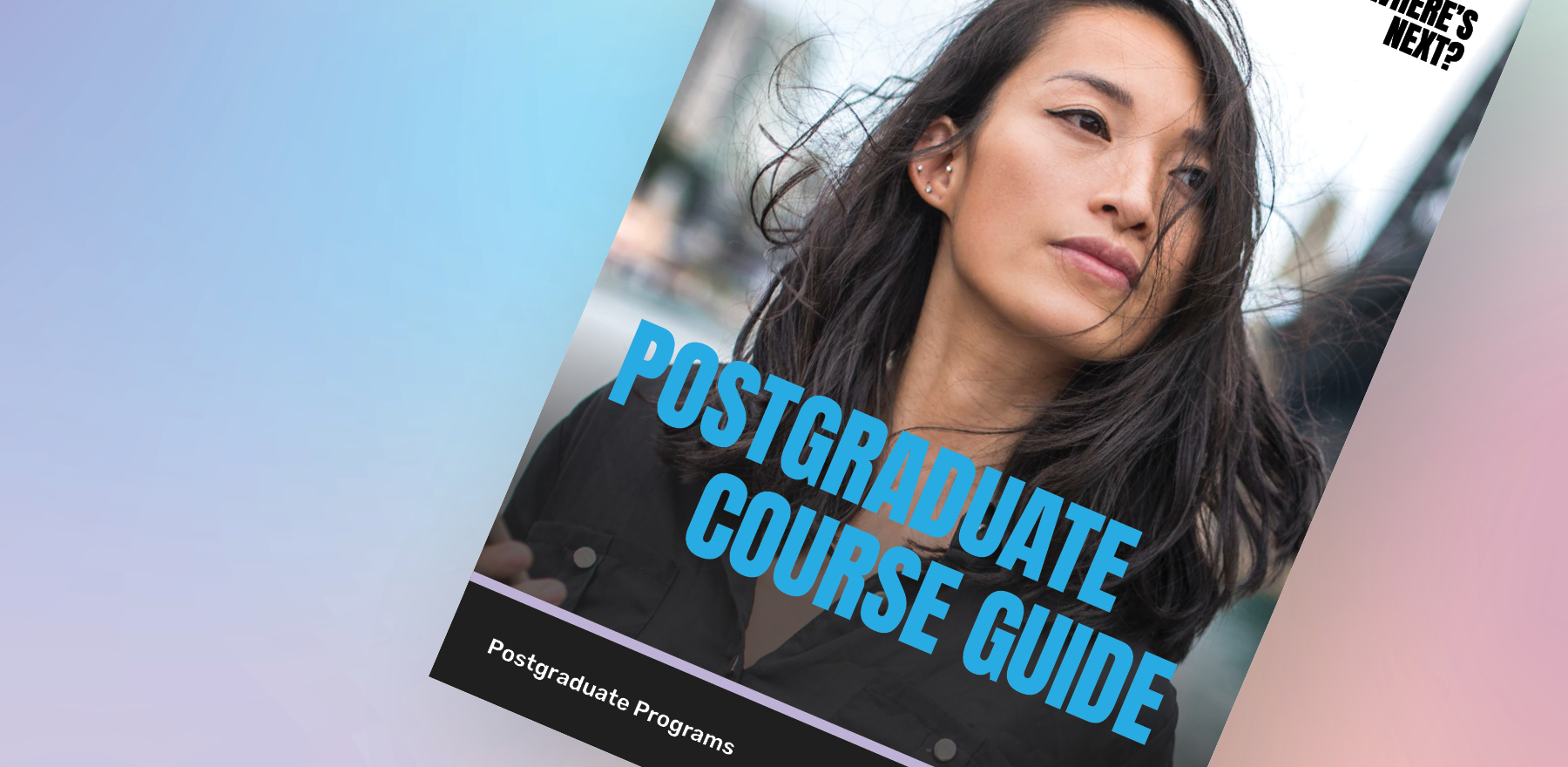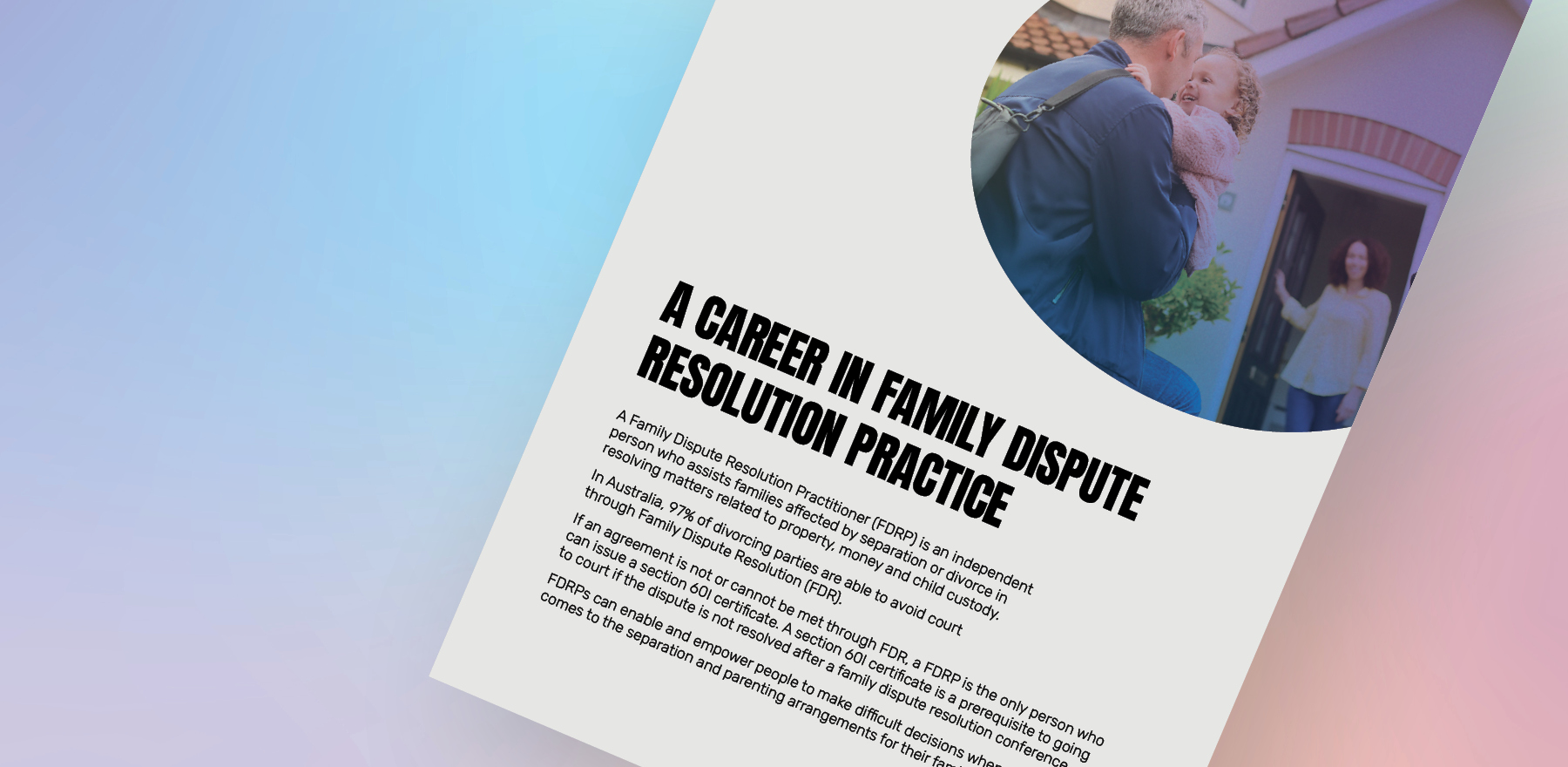As Australia’s baby boomers phase into retirement, the most affluent generation the nation has ever known is poised to preside over the greatest wealth transfer in history. An estimated $2.4 trillion could be passed from baby boomers to their successors. While 60% of baby boomers report having a will, over three quarters of wills are successfully contested. This makes estate planning more important than ever.
We caught up with Jonathon Naef, co-founder of multi-award winning boutique firm Balance Family Law and College of Law adjunct lecturer, to find out how he built the firm’s Wills & Estates team in response to both current and coming client demand. It turns out family law and wills and estates can make the winning service combination...
Pandemic Pivot: How COVID-19 revealed a new direction for Jonathon
“For the first few years of my legal career, I worked almost exclusively in family law and did not have much experience in the wills and estates space,” Jonathon explains. “Prior to starting Balance Family Law, however, I started working with a lawyer who specialised in wills and estates.”
It was this experience and exposure to wills and estates that piqued his interest.
“It was the complexity and the creation of strategies to help preserve wealth after death that drew me towards this practice area,” Jonathon says. “After we started Balance, and around when COVID hit, we had a lot of estate planning enquiries. These came from current and former clients, and others.”
In response, and to meet the needs of these clients, he enrolled in the College of Law’s LLM (Applied Law) majoring in Wills and Estates.
“I saw an opportunity to grow our platform, expand our service offerings, and create a new revenue source for the firm,” Jonathon says.
In 2021, he was recognised as ‘Best Graduating Student’ of the Wills and Estates major.
“I really enjoyed the LLM, throughout my studies, I became more and more interested in the practice area and associated areas of law such as trusts, tax and superannuation. What I learned in the LLM has also helped in my family law practice.”
Digital Vaults and Differentiation: Staying competitive in the DIY will era
“Wills and estates is still very much an area, in my view, that relies on word-of-mouth referrals. Yes, people find you online but really, the most valuable clients are coming to us through our connections with other professionals such as financial planners, accountants and other lawyers,” Jonathon says.
“We’re also receiving referrals from previous clients. We may also have discussions with our family law clients about their wills and estates matters, since they are already working with us.”
This means much of the team’s effort is spent fostering these professional connections and finding new opportunities to create these connections.
“With the rise of companies such as SafeWill, who profess to help people create a legally valid will simply and cheaply, law firms and lawyers who work in this space need to consider how technology can aid their practice,” Jonathon says. “This may be through the use of chatbot-type questionnaires to more easily gather client information or automated precedents.”
“It’s also worth considering additional service offerings other firms don’t offer. For example, our firm has partnered with The Prepared Company to provide an online digital vault to clients to securely store important documents and information, and arrange for the dissemination of that information on their death. This is a service offering that is relatively easy to implement and sets us apart from local competitors.”
The firm recently ran a leadership retreat to help plan the future of the firm.
“We see our lawyers as future leaders of the firm and wanted to get an understanding of their needs and goals, and what otherwise drives them, so that we can, as a team, provide the support, tools and opportunities necessary for them to become future firm and industry leaders,” Jonathon explains.
“Part of this was around team members identifying what areas of family and wills and estates practice they were passionate about, so that we can ensure as much as possible, people are also doing work they enjoy. We found this retreat brought the team much closer together and are confident that what we did over those two days will assist us in furthering Balance’s success.”
Preparing for the Trillion-Dollar Wealth Transfer
According to Jonathon there are many opportunities in the wills and estates space.
“Studies indicate the majority of Australians either do not have a will at all, or do not have a will fit for their current circumstances. Even if they do have a will, they may not have gone further to plan for things like superannuation death benefits, or incapacity. The coming decades will bring a trillion-dollar transfer of wealth," Jonathon says.
"This means wills and estates practitioners need to do more than just take instructions to prepare a “simple” will; they need to think strategically about potential asset protection risks and tax planning, and work with other professionals to ensure clients’ goals are actually met through the work you do and documents you prepare.”
There is also the added complexity of inheritances, including overseas assets and beneficiaries, as well as digital assets Jonathon points out.
“Considering all of this, wills and estates is set to become an exciting practice area, and those wishing to work in the area can set themselves up for success by finding and working with mentors already in the space, as well as doing the research and keeping up with changes in the law. Part of this would be through considering programs like the College’s LLM, and considering other groups and memberships such as STEP and the Art of Estate Planning.”











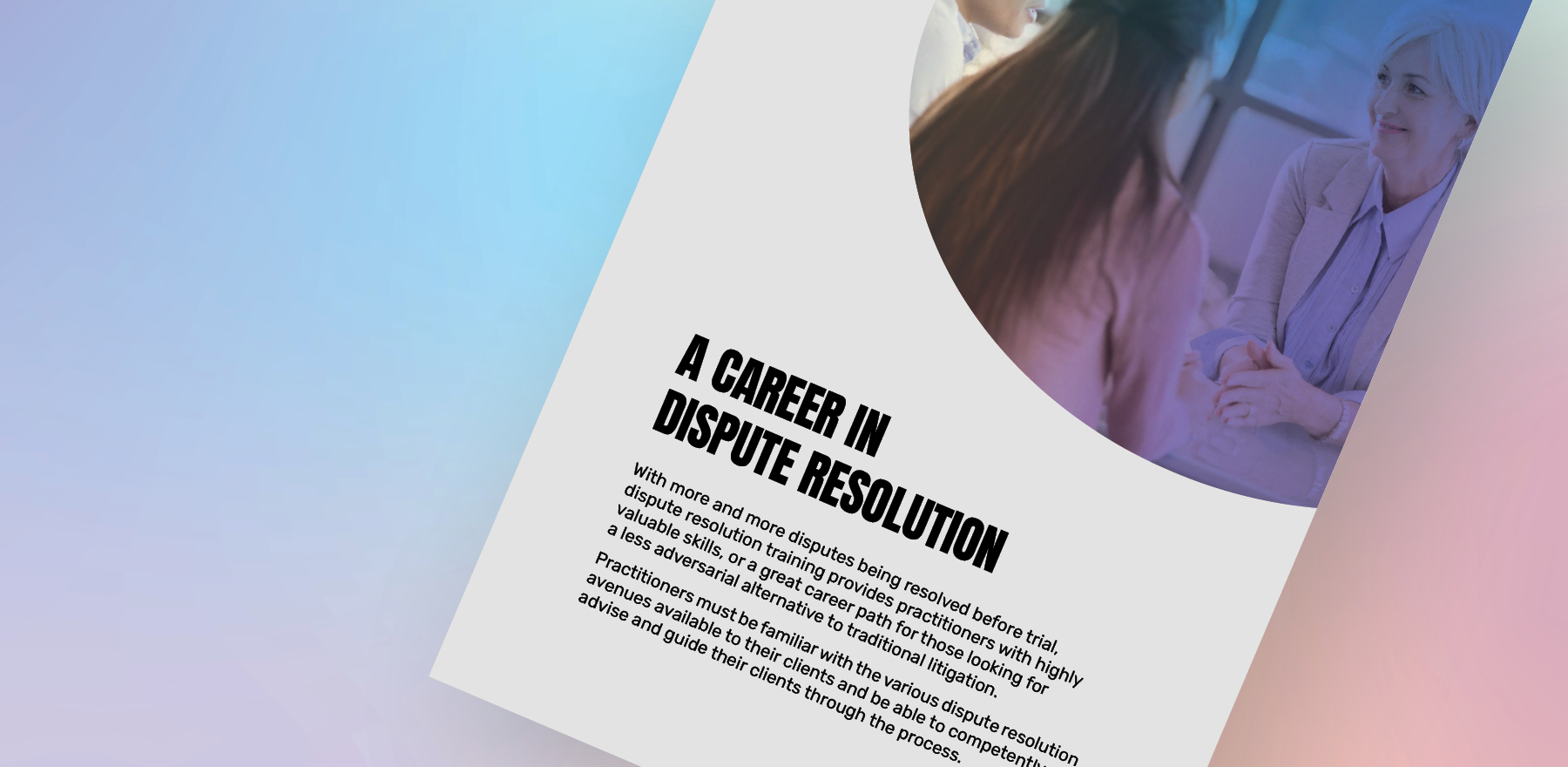
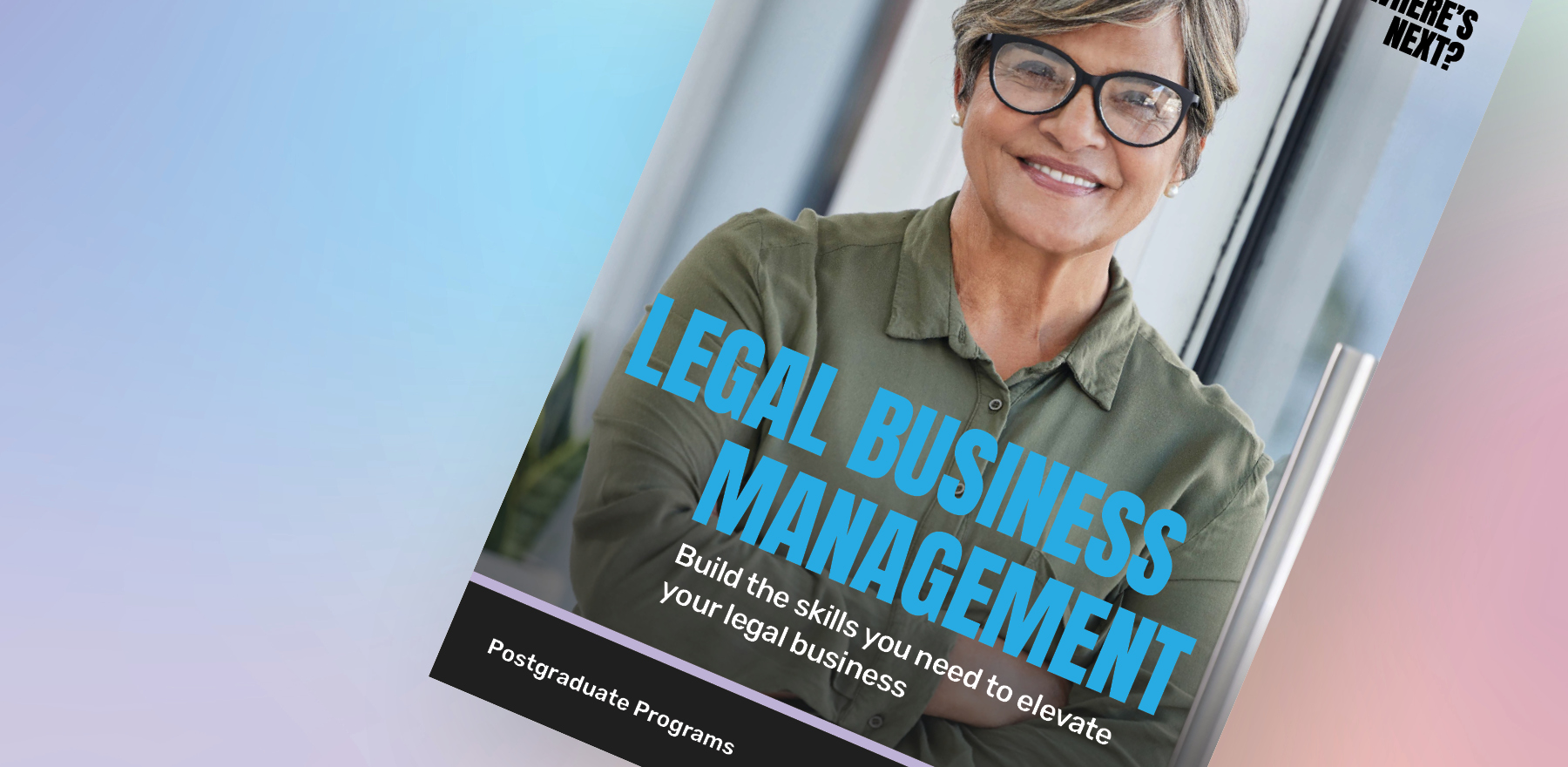
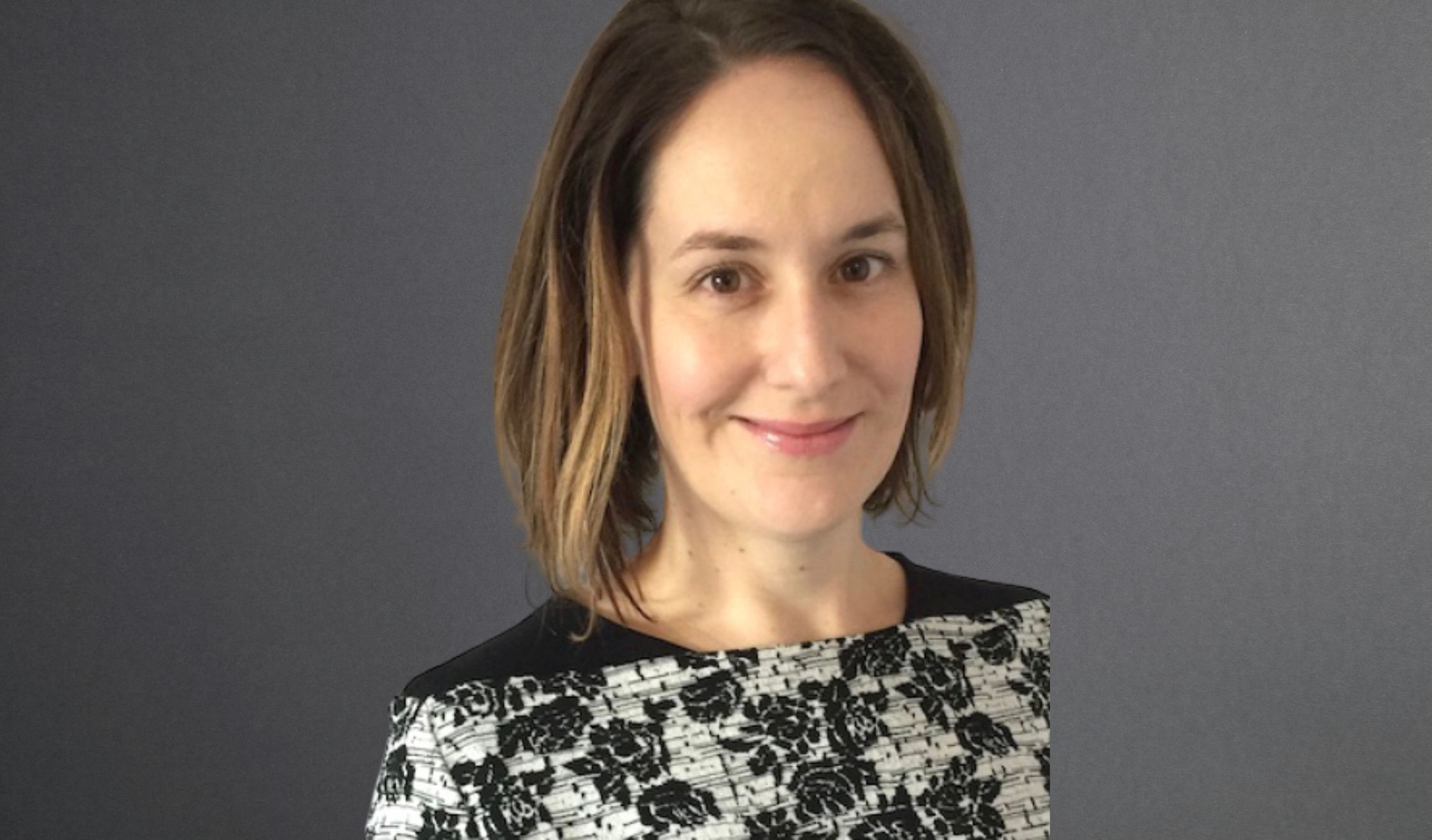

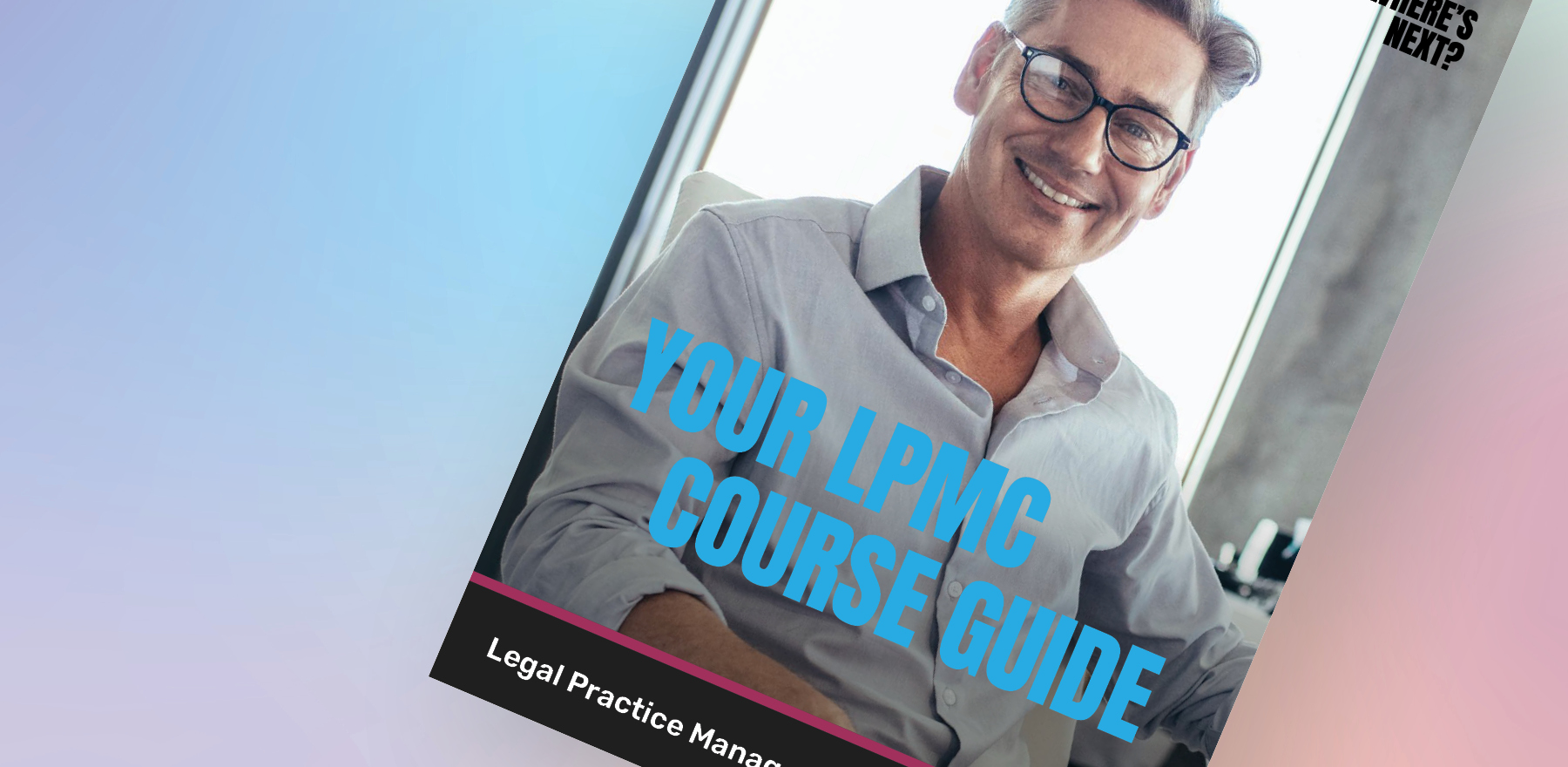
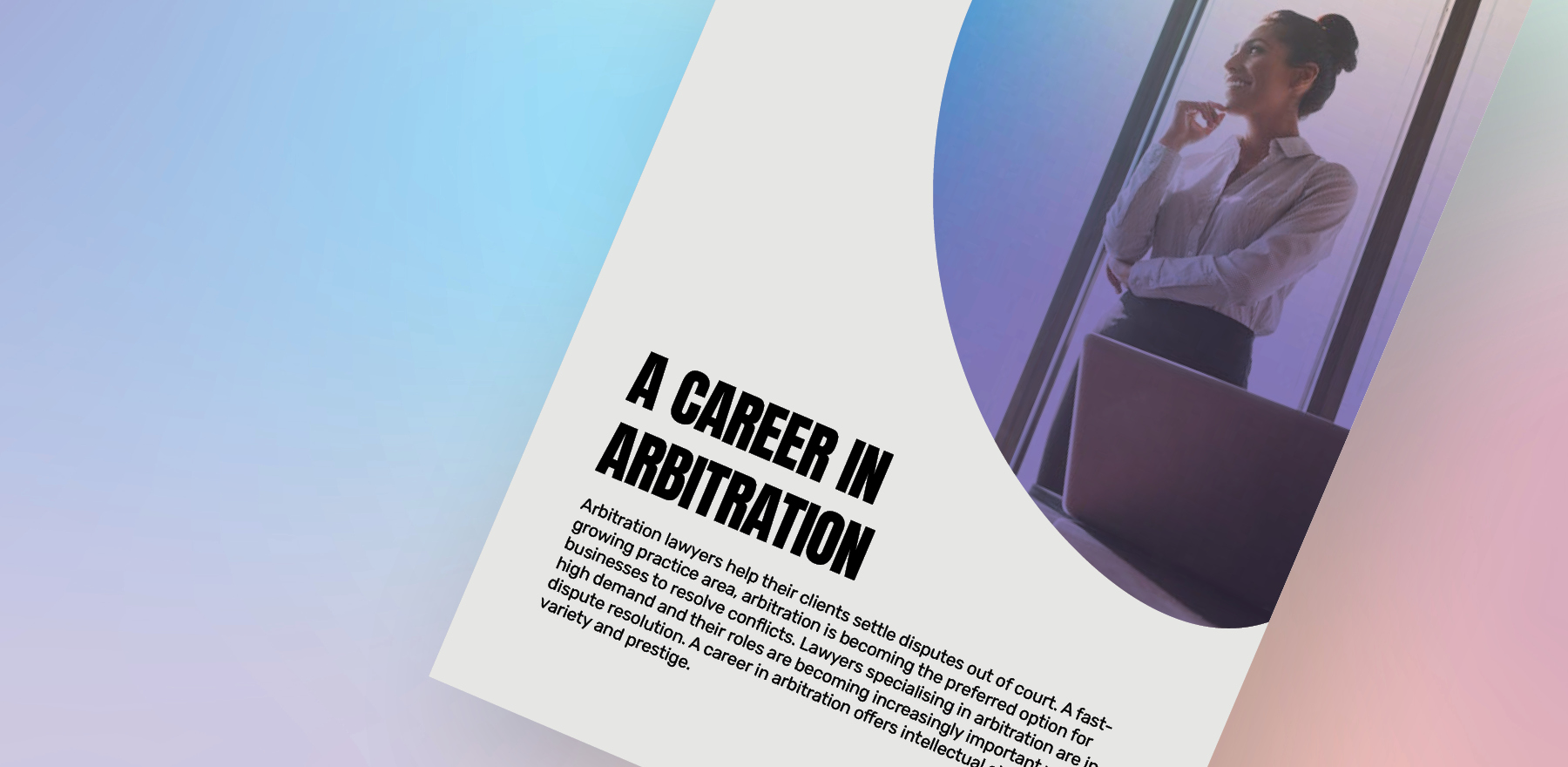












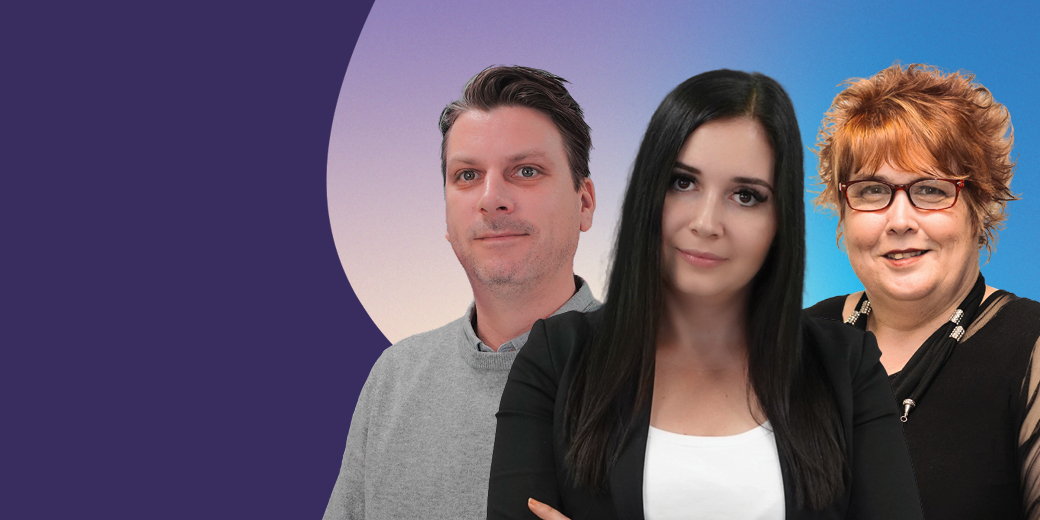







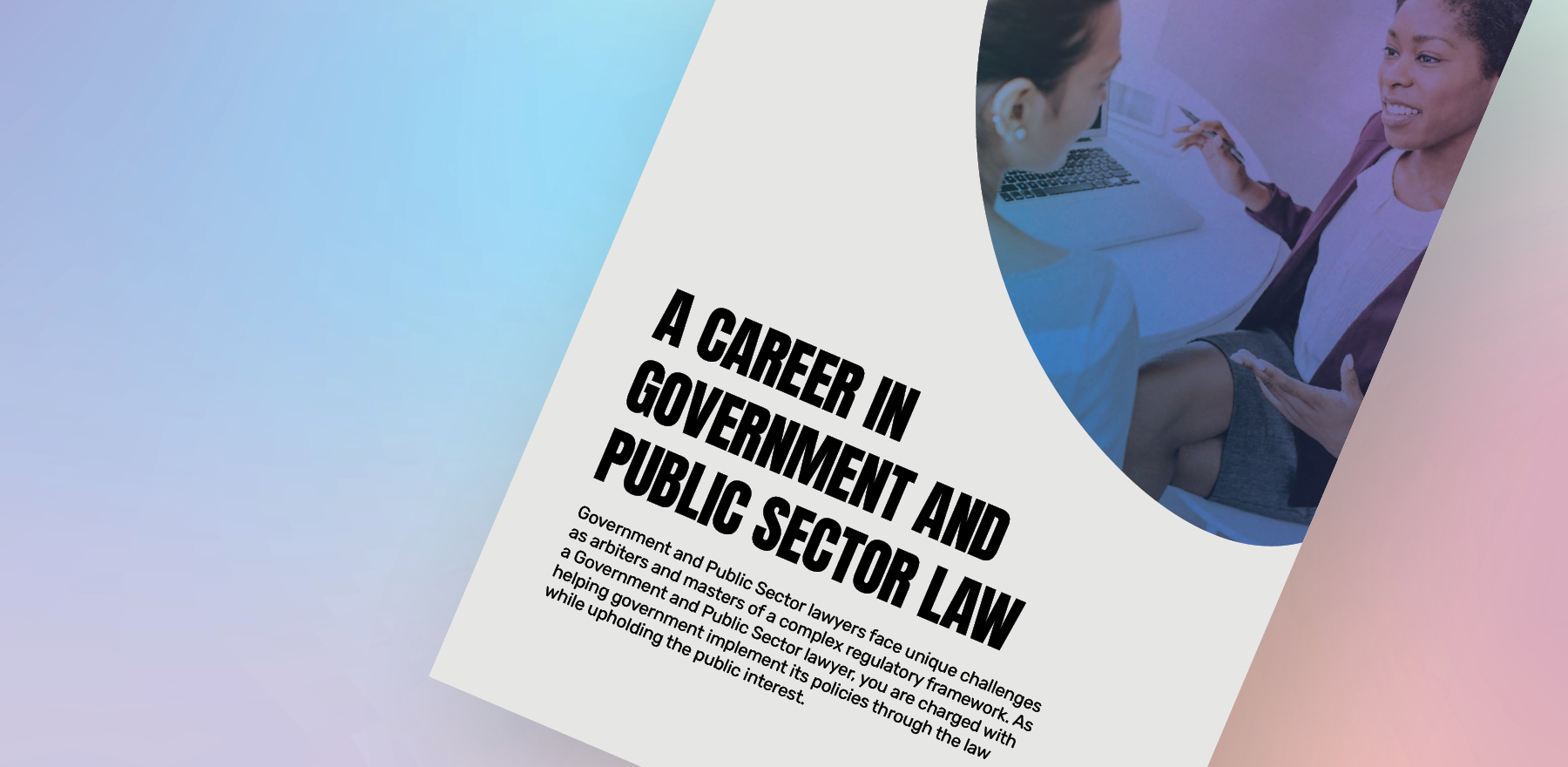


![How to handle Direct Speech after Gan v Xie [2023] NSWCA 163](https://images4.cmp.optimizely.com/assets/Lawyer+Up+direct+speech+in+drafting+NSW+legislation+OCT232.jpg/Zz1hNDU4YzQyMjQzNzkxMWVmYjFlNGY2ODk3ZWMxNzE0Mw==)








